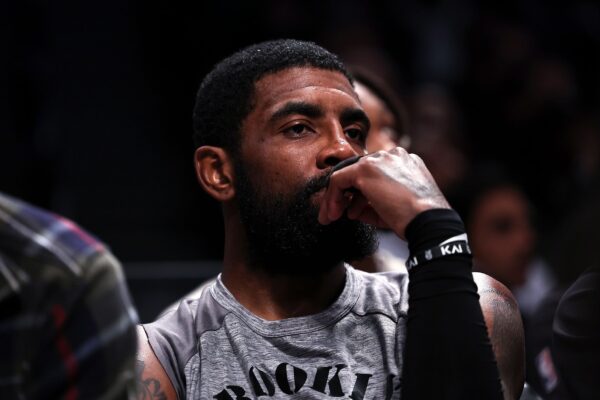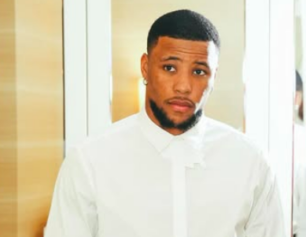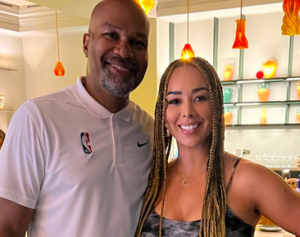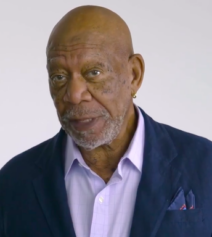By Kim Bhasin
Billions of dollars in revenue were wiped out at the world’s two largest sportswear companies due to antisemitism scandals over the past two weeks, leaving executives to survey the damage as the dust settles at Adidas AG and Nike Inc.

The road back to normalcy will be much rockier for Adidas than for its longtime rival. Its breakup with rapper and designer Ye, formerly known as Kanye West, over his outbursts ended one of the most lucrative sneaker arrangements in the industry’s history and leaves a gaping hole in the company’s earnings that may be as large as €250 million ($251 million). Nike’s suspension of its shoe line with basketball star Kyrie Irving after he refused to disavow antisemitism presents a less painful headache.
Adidas faces crises on multiple fronts as it prepares for a leadership change with Chief Executive Officer Kasper Rorsted on the way out. His successor will now have to figure out how to sell Yeezy designs to customers without the brand name and whether to rethink celebrity partnerships, all while contending with global supply-chain snags and declining market share in China.
Adidas became heavily dependent on Yeezy since hitching itself to Ye in 2013. The Yeezy line grew to almost $2 billion in annual sales, or about 8% of Adidas’s total revenue, according to analysts. Premium pricing gave the collection high margins, and it represented more than 40% of profit at Adidas, according to Morgan Stanley. Executives are expected to tell investors how they plan to mitigate that shortfall on an earnings call on Nov. 9.
“The saga of Ye, not just with Adidas but with brands like Gap and Balenciaga, underlines the importance of vetting celebrities thoroughly and avoiding those who are overly controversial or unstable,” Neil Saunders, an analyst at GlobalData Plc, said in a note. “Companies or brands that fail to heed this will get stung, especially if they become overly reliant on a difficult personality to drive their business.”
For Nike, the Irving fallout is significant though not as acute as at its German counterpart. In 2019, Executive Chairman Mark Parker singled out the Kyrie shoe line as a key piece of the company’s basketball future. Nike had planned to release the latest version of his signature sneaker, the Kyrie 8, this month. That’s canceled, and the company hasn’t yet said what it’ll do with the excess inventory. Nike hasn’t disclosed specific revenue figures for the collaboration.
Irving’s shoe deal is set to expire next year, according to ESPN, providing Nike with a convenient escape route. The Beaverton, Oregon-based company is also much less reliant on Irving for sales and marketing, as it has several big basketball stars signed to long-term arrangements, including LeBron James, Kevin Durant and Giannis Antetokounmpo. It also has the sneaker world’s biggest celebrity asset, Michael Jordan, whose Jordan brand generates more than $5 billion in annual revenue for Nike.
Celebrity and athlete partnerships come with inherent risk for the companies that work with them — even a one-off advertising campaign ties a face to a brand. Even so, it’s rare to see them explode with such potency. Often the worst that happens is that a spokesperson apologizes after a gaffe, and it’s back to business as usual. Television host Nick Cannon made antisemitic statements and was subsequently fired by ViacomCBS in 2020, only to get his show back seven months later following an apology and work to re-educate himself.
Risky or not, sneaker partnerships will keep coming, said Bjorn Gulden, the outgoing CEO at Puma SE who is in talks with Adidas to succeed Rorsted.
“Every time you sign a partner, be it an athlete or an influencer or a rapper, or whatever, it’s an evaluation of positives and negatives and I don’t think that this event will change that,” Gulden said on a call with reporters in October. “You try to be diligent in what you do, and there will always be things that could go wrong.”
–With assistance from Tim Loh.
More stories like this are available on bloomberg.com.




